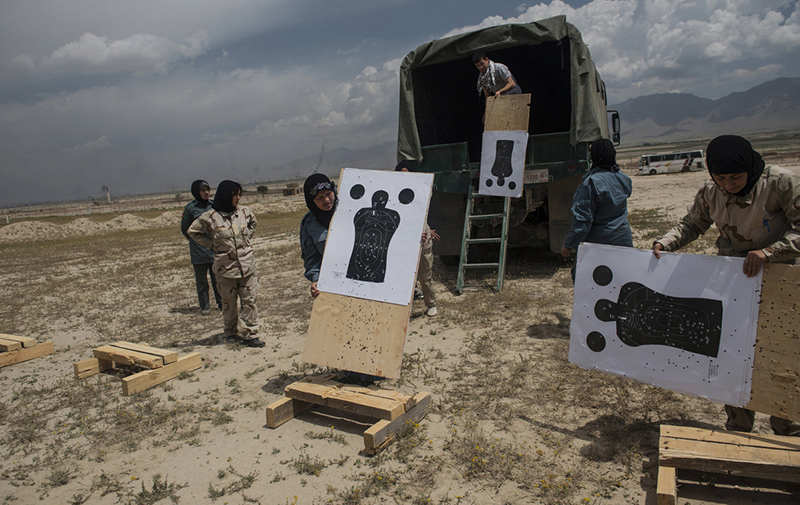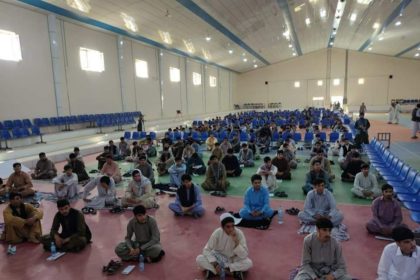RASC News Agency: Human Rights Watch has condemned the exploitation of female police officers in Afghanistan, both under the previous regime and now under Taliban rule. In a 26-page report titled “Double Betrayal: The Abuse of Female Police Officers, Past and Present,” released on Thursday, October 10, the organization highlighted the systematic threats faced by these women since the Taliban’s resurgence.
Drawing on interviews conducted over the past three years with numerous female police officers both within Afghanistan and abroad, the report details how the Taliban have specifically targeted women who served in law enforcement under the previous government. “Afghanistani female police officers have been doubly betrayed first by the former administration, where officials were complicit in widespread sexual abuse, and now by the Taliban, who have issued explicit threats against them,” the report asserts.
The women interviewed recounted receiving alarming phone calls from Taliban officials, demanding they disclose details of their previous employment. These threats have forced many of them into hiding to safeguard their lives. The report also reveals that “hundreds of female police officers, recruited during the previous administration, were subjected to sexual harassment and abuse by male colleagues and superiors.” Furthermore, the Taliban have neglected to investigate numerous cases where female officers were killed by their own relatives.
The majority of these former officers are now trapped in limbo, particularly in countries like Iran and Pakistan, where their future remains uncertain. Human Rights Watch has called on nations that previously supported the recruitment and training of female police officers in Afghanistan to step forward and offer protection to these women. Countries such as the United States, Canada, Germany, Japan, and several EU member states were once key backers of female law enforcement in Afghanistan. This report follows numerous accounts of Taliban threats directed at former female military and police personnel, further exacerbating their vulnerability under the current regime.






